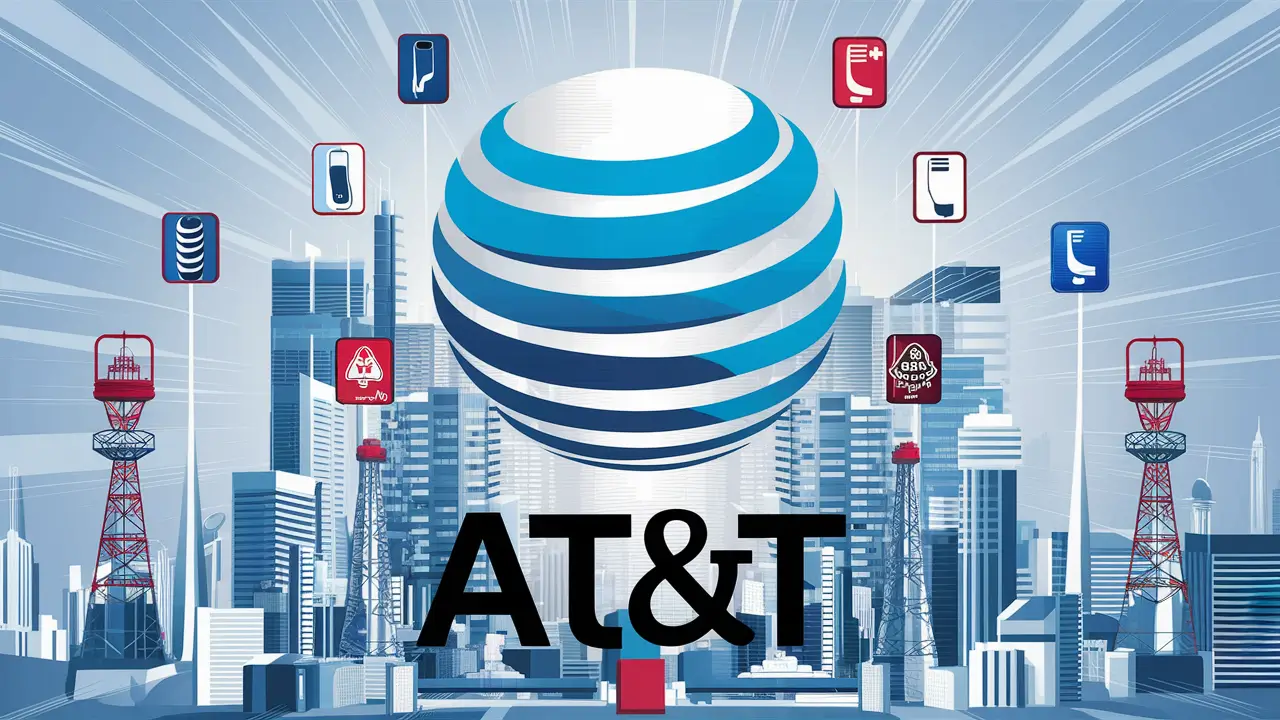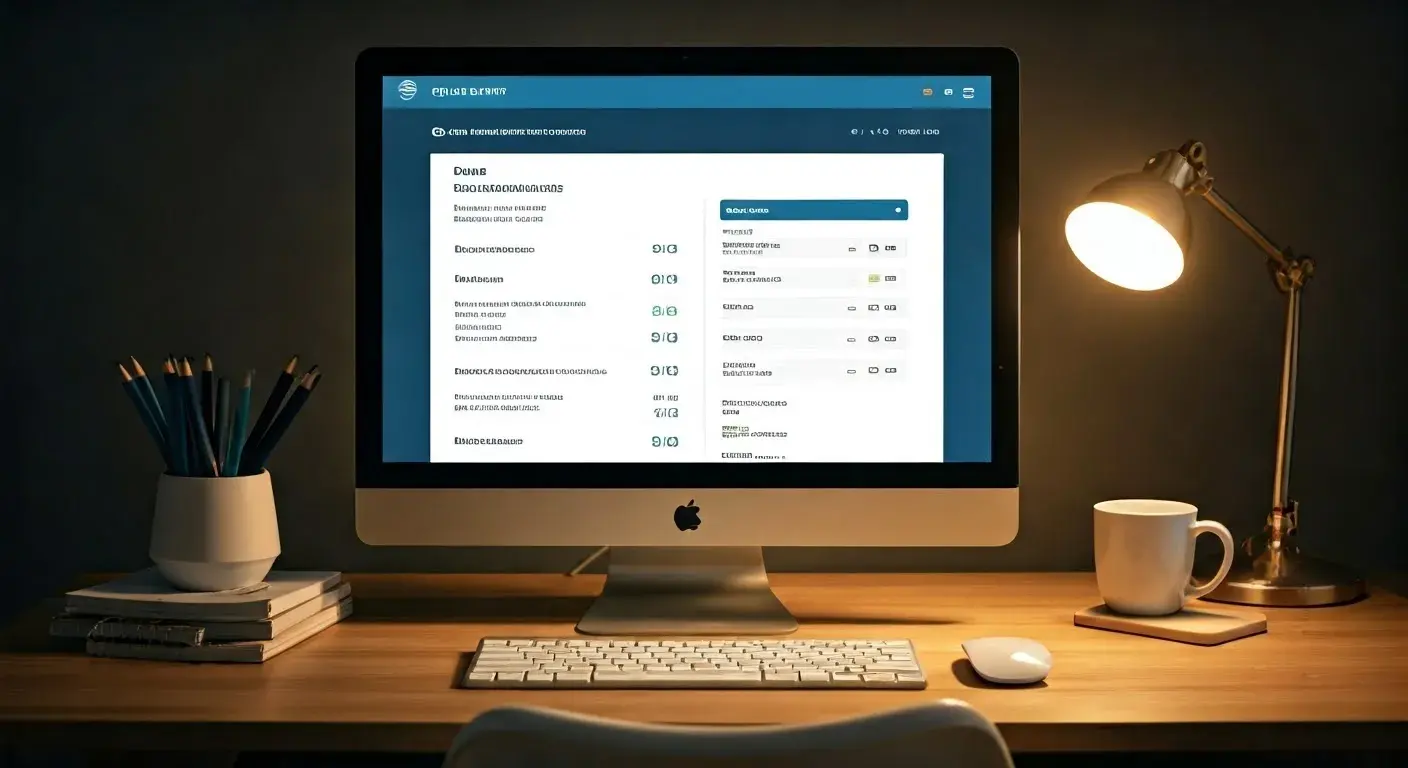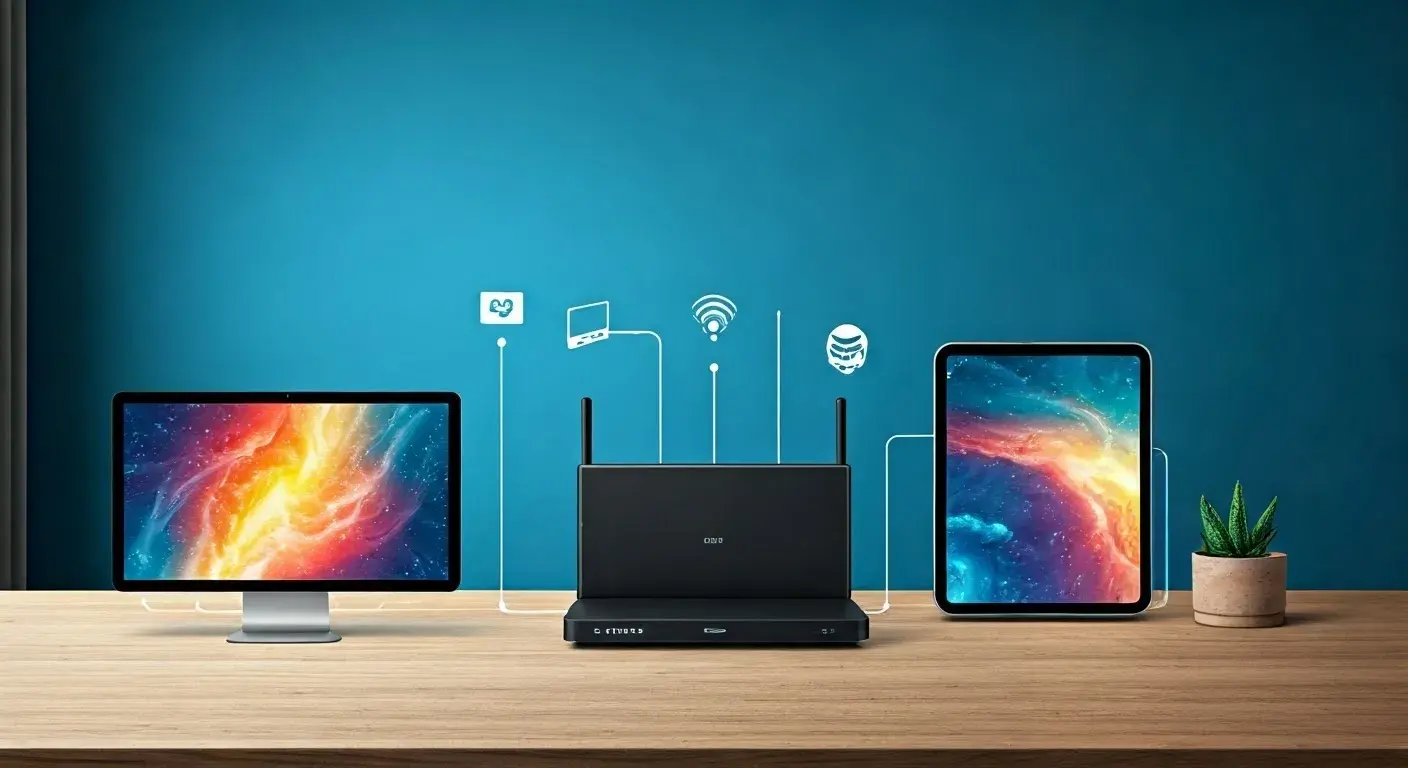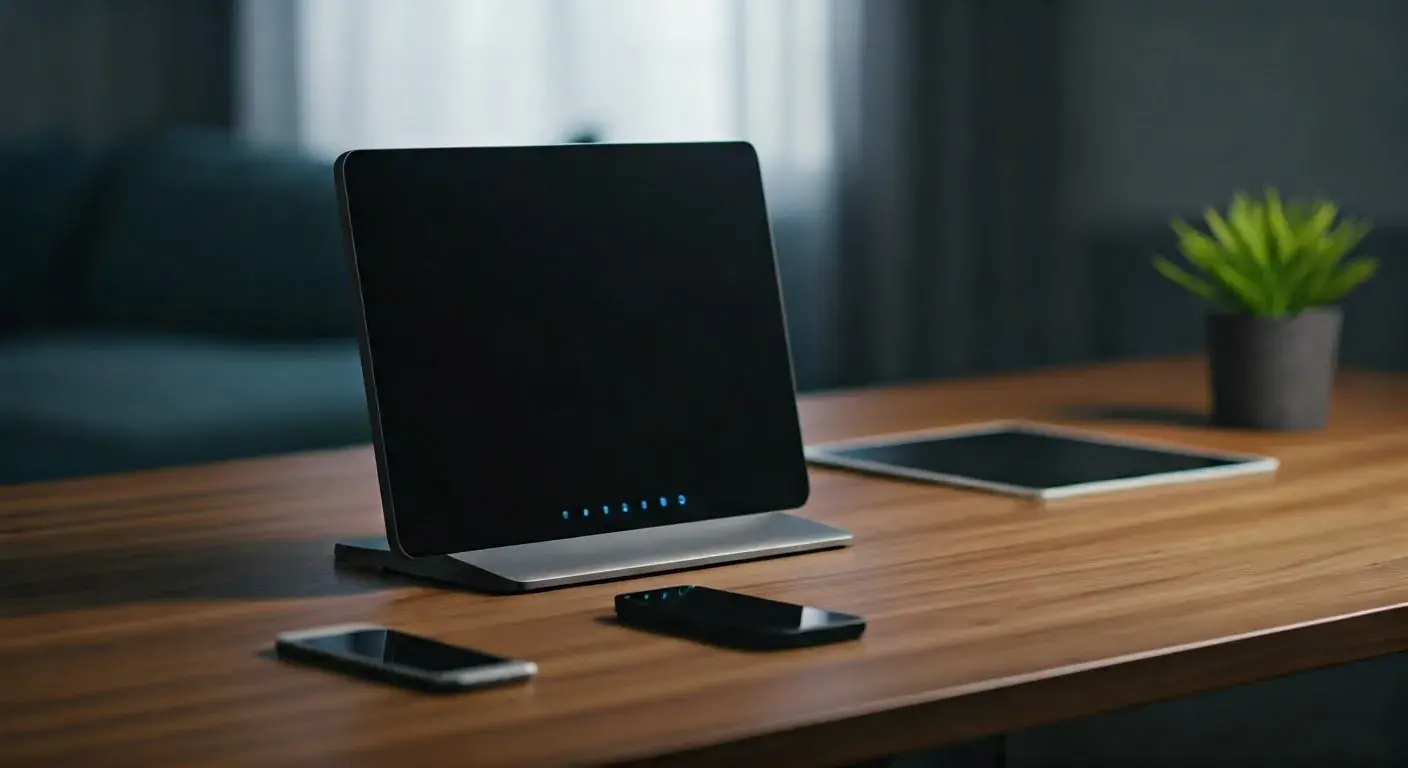What cell phone company did AT&T buy out?

What cell phone company did AT&T buy out
Leading telecommunication company AT&T agreed to pay $39 billion in January 2011 to buy T-Mobile USA from Deutsche Telekom. At the time, T-Mobile ranked fourth among all the cellular operators in the United States; AT&T came second. Two of the four national mobile phone firms would have combined under this suggested merger, and AT&T would have been the only biggest cellular provider in the US.
To quickly build its 4G LTE network, AT&T bought. Only in the process of introducing LTE in 2011, AT&T stated plans to have 95% of the US population able to utilize LTE by 2014. However, starting LTE in 2010, its deployment lags considerably behind that of Verizon. The T-Mobile deal would therefore have let AT&T mix infrastructure and spectrum to significantly boost LTE penetration.
Being the smallest of the four national players and unprofitable, Deutsche Telekom, the parent company of T-Mobile, was ready to sell T-Mobile USA. It lacked the breadth and distribution necessary to maintain ongoing competitiveness. Deutsche Telekom found the $39 billion offer from AT&T for T-Mobile interesting as it enabled the company to leave the extremely competitive US market.
But noting its anticipated harmful impact on competition in the cellular sector, the Department of Justice (DOJ) and the Federal Communications Commission (FCC) have opposed the merger. Eliminating two of the four national carriers specifically would reduce competitiveness and cause consumer price rises.
The DOJ launched a civil antitrust case to stop the purchase in August 2011 to handle this issue. The complaint claimed that "even higher prices, fewer choices, and lower quality products for mobile wireless services" would follow from the combination. The FCC later urged AT&T and T-Mobile to remove the license transfer applications necessary for the merger.
However, by December 2011, due to stiff regulatory resistance that seemed impossible to surmount, AT&T opted to withdraw its bid for T-Mobile. Both the companies AT&T and Deutsche Telekom declared they were dissolving the stock purchase agreement. During the breakup, AT&T compensated Deutsche Telekom $4 billion through cash, and $1 billion through roaming and spectrum.
Although the T-Mobile acquisition deal was abandoned due to regulatory issues, AT&T Internet went on to extend its 4G LTE network in the subsequent years, largely assisted by the spectrum it acquired from T-Mobile. While it was struggling to grow for a few years after a failed merger, T-Mobile was reborn even stronger.
T-Mobile started changing its stance in 2013 and started advertising itself as the wireless provider that is ready to eliminate the practices that are despised by consumers. Some of the policies that T-Mobile achieved for consumers include doing away with two-year contracts and international roaming charges; this made consumers switch to T-Mobile and gain market share.
Since the AT&T takeover bid failure, T-Mobile has merged with a small rival Sprint, and is now the third largest cell phone company in the U.S. after Verizon and AT&T. Ironically the Department of Justice for a long time preventing the AT&T/T-Mobile merger in 2011 may have helped allow T-Mobile to become the competitive force in wireless it is today.
In essence, in 2011 AT&T sought to purchase T-Mobile for $39 billion to establish a limited 4G LTE network. Antitrust problems prevented Deutsche Telekom from selling its underperforming T-Mobile USA brand, as it wanted to do. This set the foundation for T-Mobile to return on its own over the following ten years to become the deserving rival in the cellular market it is now.
Upgrade to faster, more reliable AT&T Fiber Internet today! Call us at +1 844-905-5002 and get connected with speeds that keep you ahead.





